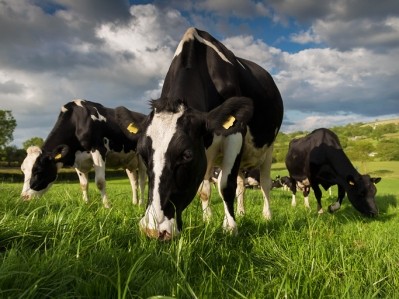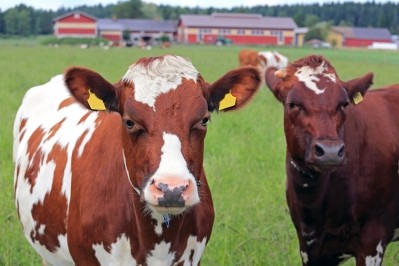Compliant NI feed firms can expect fewer inspections

The NI Department of Agriculture, Environment and Rural Affairs (DAERA) has begun to implement the ‘earned recognition’ concept, said the AIC.
DAERA is executing the revisions to the Feed Enforcement Guidance, published by the UK’s Food Standards Agency (FSA), which brings NI guidance into line with the code of practice operating in England and Wales. This includes a modified risk assessment scheme, with a greater weighting toward membership of voluntary quality assurance schemes, as part of an earned recognition scheme.
Those NI feed businesses that participate and comply with the relevant assurance schemes will be deemed a lower risk by the regulators, noted the AIC.
Commenting on the earned recognition scheme, an FSA spokesperson told us previously.
“As well as reducing the burden of regulation on these compliant businesses, this approach is allowing local authorities to redirect resources to higher-risk businesses, including working to improve standards in those businesses that do not have such a good history of compliance.”
Feed sampling network
DAERA also recently declared its ongoing commitment to working with Ireland’s Food Fortress program and said it has already modified its feed sampling programs to reflect the information being shared.
The Food Fortress network comprises feed producers and importers contributing to a program of sampling and testing to protect the food chain from contamination and currently covers close to 5m tons of compound feed production.
It is supported by the Institute of Global Food Security at Queens University, Belfast.
In April this year, Food Fortress director, Robin Irvine, reported that membership then exceeded 80 companies, which are located in both Northern Ireland and the Republic; the network covers all compound feed produced in Northern Ireland and around 50% of production in the South, along with a substantial tonnage in mainland UK, he said.
The current program tests samples for a range of heavy metals, along with the principle mycotoxins, dioxins and pesticide residues.
Information is shared with the membership on a monthly basis and brings “an unparalleled level of surveillance of the most high risk contaminants in the feed sector.”















